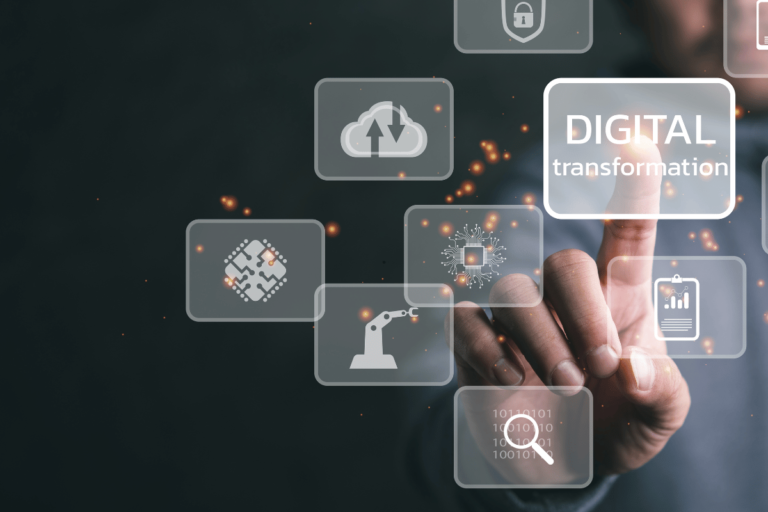The Intersection of Technology and Essential Skills
Technology is no longer just an addition to our daily routines; it is at the heart of how we live, work, and connect. At the same time, essential skills such as critical thinking, problem-solving, adaptability, and communication continue to remain fundamental for success. The true transformation happens at the intersection of these two forces, where digital innovation enhances human capability and essential skills ensure technology is used effectively and responsibly.
The Evolving Role of Technology
Technology has shifted from being a supporting tool to becoming the central driver of progress across industries. From artificial intelligence and machine learning to cloud computing and automation, businesses and individuals are rethinking how they operate. In education, healthcare, finance, and countless other fields, digital solutions are improving efficiency, reducing errors, and opening new opportunities. However, without the right essential skills, the benefits of these innovations can be difficult to realize fully.
Why Essential Skills Still Matter
Despite rapid technological growth, essential skills remain timeless. Critical thinking enables people to analyze data instead of accepting it at face value. Creativity fuels innovation when using tools to design new solutions. Emotional intelligence helps foster human connection in an increasingly digital world, while adaptability allows people to embrace change without fear. These skills act as a bridge between complex technologies and their real-world application, ensuring progress is meaningful and sustainable.
Technology as a Tool for Skill Development
One of the most powerful aspects of the digital age is how technology supports the growth of essential skills themselves. Virtual learning platforms, interactive apps, and gamified training programs help people develop problem-solving, communication, and collaboration abilities. For example, remote collaboration tools require teams to refine their digital communication skills. Similarly, data analysis platforms push professionals to interpret information critically and make informed decisions. The relationship is mutually reinforcing: technology enhances skills, and strong skills allow individuals to use technology to its fullest potential.
Balancing Automation and Human Capability
Automation is often viewed as a replacement for human effort, but its most impactful role lies in partnership. Machines can perform repetitive or complex tasks with incredible precision, yet they cannot replicate creativity, empathy, or ethical judgment. These uniquely human traits are what make essential skills so important. For instance, in healthcare, advanced diagnostic tools assist professionals in identifying conditions quickly, but it is the doctor’s communication and empathy that make patients feel understood and supported. The balance between automation and human input ensures that technology remains a tool rather than a substitute.
Preparing the Workforce for the Future
As industries continue to evolve, preparing the workforce with both technical and essential skills becomes a priority. Employers are seeking candidates who can operate advanced systems while also thinking critically, adapting to change, and collaborating across diverse teams. Training programs and higher education institutions are increasingly integrating both aspects; teaching coding alongside problem-solving, or digital literacy alongside communication. This dual focus empowers individuals to thrive in workplaces where technology and human skills coexist.
The Role of Digital Platforms in Building Competence
Digital platforms play a crucial role in connecting skills with opportunity. From online learning hubs to tools that streamline digital operations, they provide individuals and businesses with the resources needed to grow. For example, platforms like Linkindexer.io enable efficient online visibility by helping businesses organize and strengthen their digital footprint. Such tools reflect how technology and essential skills come together: businesses need both technical proficiency to use the platform and strategic thinking to apply its insights effectively.
Looking Ahead
The intersection of technology and essential skills is not a temporary phase; it is the foundation of the future. As digital systems grow more advanced, the need for human adaptability, creativity, and judgment will only increase. By embracing both sides of the equation, individuals and organizations can create a world where technology amplifies human potential rather than replaces it. This balance ensures that progress is not only efficient but also meaningful, ethical, and sustainable.







